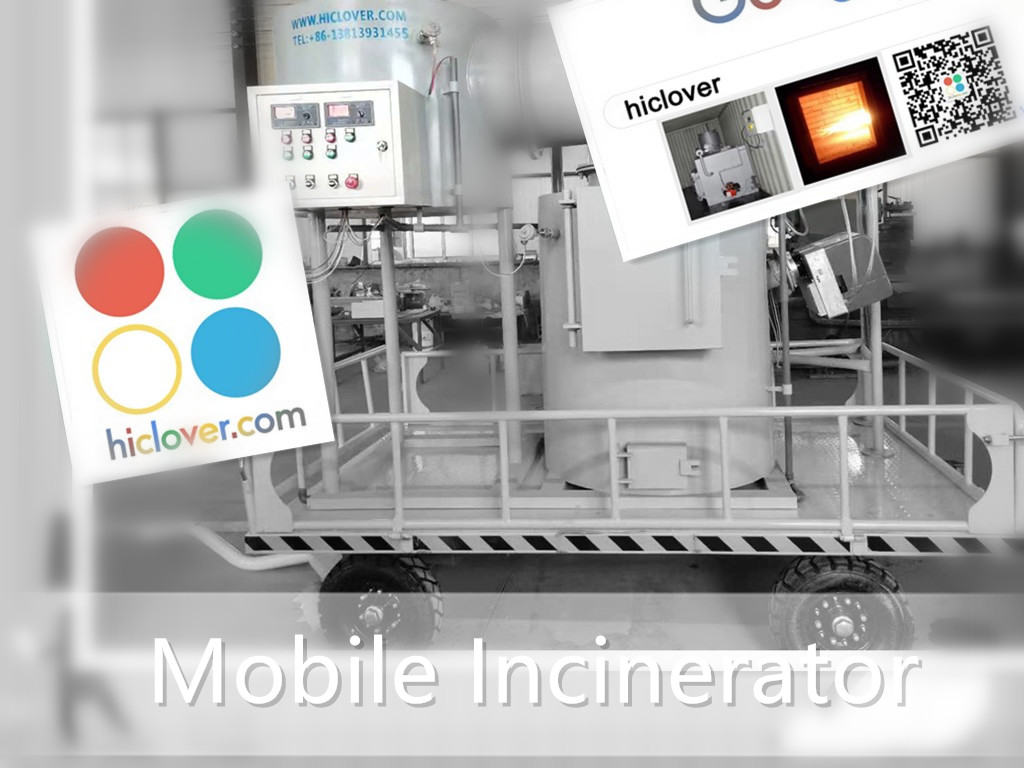The future of waste management is a topic that has been increasingly gaining attention and scrutiny in recent years. With the mounting global concern about the environmental impact of waste, various methods of waste disposal are being examined to find sustainable and efficient solutions. One such method that has been a point of debate is incineration.
Incineration, also known as waste-to-energy, is the process of burning waste materials to produce energy. This method offers a way to not only reduce the volume of waste but also generate energy from it. While incineration has been met with both praise and criticism, its role in the future of waste management has been a subject of much discussion.
Proponents of incineration argue that it is a viable solution for dealing with the ever-growing problem of waste. By burning waste, incineration reduces the volume of solid waste and potentially reduces the need for landfills. Furthermore, the energy generated from incineration can be harnessed for electricity and heating, making it a valuable source of renewable energy. This can significantly reduce the reliance on non-renewable resources and contribute to a more sustainable energy future.
On the other hand, critics of incineration raise concerns about its environmental impact. The process of burning waste releases pollutants and greenhouse gases, contributing to air pollution and climate change. Additionally, there are worries about the potential toxicity of the ash and emissions produced by incinerators. Concerns about the health impacts of these pollutants have raised questions about the long-term environmental and public health implications of incineration.
Despite the controversy surrounding incineration, its role in the future of waste management is not easily dismissed. As advancements in technology continue to improve the efficiency and environmental performance of incinerators, they may become a more viable and sustainable option for waste disposal. Modern incinerators are equipped with advanced systems that filter out pollutants and minimize emissions, significantly reducing their environmental impact.
Additionally, efforts to increase recycling and waste reduction can further complement the role of incineration in waste management. By diverting recyclable materials away from incineration, the amount of waste sent to incinerators can be reduced, minimizing its environmental impact while still harnessing its potential for energy production.
In conclusion, the future of waste management will likely involve a combination of different methods, with incineration playing a role in the mix. While it may not be a perfect solution, incineration has the potential to complement recycling and waste reduction efforts, contributing to a more sustainable waste management system. As technology continues to advance, the environmental impact of incineration can be further minimized, making it a potentially valuable part of the waste management landscape in the future.



